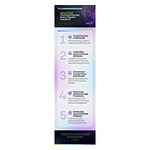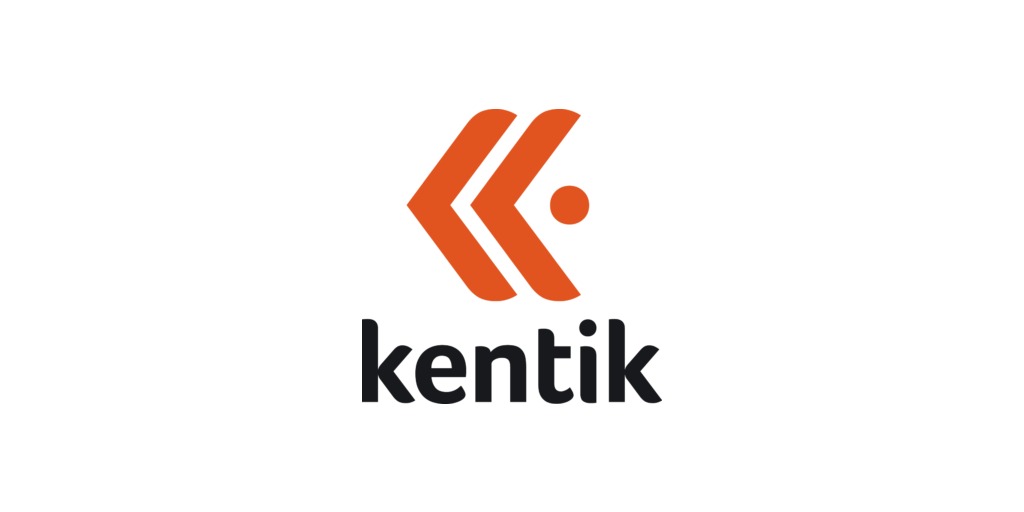By the end of the decade, Mastercard plans to phase out manual card and password entry in favor of smiles and fingerprints globally, paving the way for a future where numberless cards are the default
Mastercard Reinvents Checkout With Password and Number Free Payments
Biz Cozine
Biz.Cozine@mastercard.com
Mastercard today announced its vision to transform online shopping by 2030. Imagine a future where no physical card numbers are needed for purchases. Where passwords or one-time codes are obsolete, and secure on-device biometrics allow seamless authentication across devices and websites, ensuring personal data stays on the device. This vision is already becoming a reality today in major markets and is poised to become ubiquitous within a few short years.
By 2030, Mastercard aims to eliminate the need for manual card entry and one-time or static passwords by combining tokenization, introduced ten years ago to protect sensitive personal and payment data, with biometric authentication for secure, seamless checkout. In doing so, Mastercard seeks to ensure that every online transaction across its network can be tokenized and authenticated, making online checkout smoother and safer.
Even with the rise of cutting-edge digital payment solutions, online shopping still faces challenges and points of friction. Fraud rates are seven times higher online than in stores1, as criminals exploit exposed card numbers, creating headaches for cardholders and huge losses for merchants and card issuers. Plus, according to Mastercard research2, nearly two-thirds of shoppers still struggle through manually entering their card details, with 25% of carts abandoned because checkout is too complex or slow.
Paving the way for safer and quicker payments for everyone, this vision also unlocks a new era for physical cards by making the possibility of numberless physical cards the default, further reducing the risk of fraud should a card be lost or stolen.
Mastercard’s technology is already making online checkout quicker for businesses. Today, tokenization is reducing cart abandonment and growing transaction approvals by 3-6 percentage points across regions and generating up to $2 billion in additional global sales for merchants each month3. Additionally, the risk of fraud is minimized. These advancements provide significant benefits to the wider ecosystem, including banks, consumers, and businesses.
“Just like the transition from signing and swiping to tapping cards, we’re now moving from manual entry and passwords to seamless and secure payments in just a few clicks. With this shift we are protecting sensitive data through advanced encryption and tokenization technologies,” said Jorn Lambert, chief product officer at Mastercard. “As payments continue to be embedded across a range of commerce experiences, we’re leading the way to a global economy that empowers everyone – providing consumers with greater control, convenience and peace-of-mind while unlocking new sales for merchants, and lowering fraud for issuers.”
Core to this commitment to bring these new technologies together by 2030 is continued partnership and momentum across the payments ecosystem, as well as enablement via the Mastercard Gateway. Today, Mastercard is working with a range of players to deploy and scale these technologies:
- Today, more than 30% of Mastercard transactions worldwide are tokenized4 through Mastercard Digital Enablement Service (MDES), with key markets like India already nearing 100% for e-commerce.
- The Mastercard Payment Passkey Service, which was first rolled out to millions of consumers in India, Singapore and the United Arab Emirates, continues to scale globally. Leading banks, payment aggregators and online merchants, including Axis Bank, BigBasket, Juspay, noon Payments, Lenskart, Razorpay, PayU and Tap Payments today are deploying the technology.
- Click to Pay is rapidly expanding as issuers like Commonwealth Bank of Australia, ING Spain, NatWest, Santander Mexico, and more enroll their card portfolios. Acquirers, payment service providers and other channel partners including Adyen, Prestashop, Worldline and Yuno are also enabling this technology. And consumers are using Click to Pay to make everyday purchases at international merchants including Arcos Dorados, Just Eat Takeaway.com, Nando’s, and Pizza Hut.
Mastercard continues to innovate for the speed of life – delivering solutions and collaboration to fuel breakthroughs that actually break through. This move builds upon several efforts from Mastercard to reimagine the card – in 2021, the company was the first payments network to formally phase out the magnetic stripe in favor of newer and more secure technologies.
About Mastercard (NYSE: MA)
Mastercard powers economies and empowers people in 200+ countries and territories worldwide. Together with our customers, we’re building a sustainable economy where everyone can prosper. We support a wide range of digital payments choices, making transactions secure, simple, smart and accessible. Our technology and innovation, partnerships and networks combine to deliver a unique set of products and services that help people, businesses and governments realize their greatest potential.
_______________________________________
1 Mastercard Data Warehouse
2 Mastercard Global Foresights, Insights & Analytics: Click to Pay Attitudes & Usage Research, 2023
3 Mastercard Data Warehouse
4 Mastercard Data Warehouse
View source version on businesswire.com: https://www.businesswire.com/news/home/20241113707114/en/
 Business wire
Business wire 









Add Comment